Home>Gardening & Outdoor>Landscaping Ideas>What Weed Killer Is Safe For St. Augustine Grass
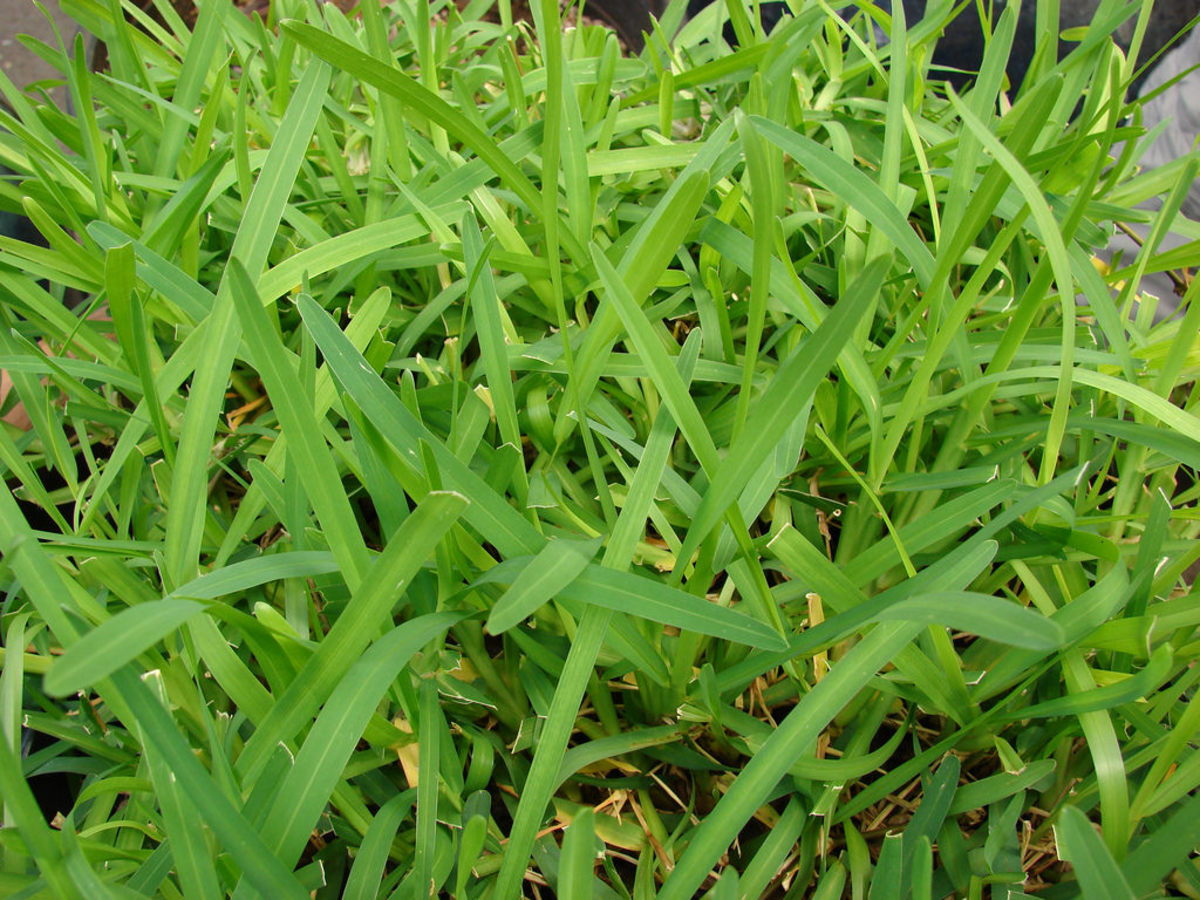

Landscaping Ideas
What Weed Killer Is Safe For St. Augustine Grass
Modified: February 18, 2024
Looking for safe weed killer options for your St. Augustine grass? Discover effective landscaping ideas and solutions to maintain a healthy lawn.
(Many of the links in this article redirect to a specific reviewed product. Your purchase of these products through affiliate links helps to generate commission for Storables.com, at no extra cost. Learn more)
Introduction
When it comes to maintaining a lush, vibrant lawn, St. Augustine grass stands out as a popular choice for many homeowners. Its thick, carpet-like appearance and ability to thrive in warm climates make it a sought-after option for lawns in the southern United States. However, like any other type of grass, St. Augustine grass is susceptible to weeds that can detract from its visual appeal and overall health. As a result, many homeowners find themselves in need of effective weed control solutions that won't harm their beloved St. Augustine grass.
In this comprehensive guide, we will explore the various weed killers available on the market and their impact on St. Augustine grass. By understanding the characteristics of St. Augustine grass and the potential effects of different weed killers, you can make informed decisions to maintain a weed-free lawn without compromising the health of your grass. Whether you're dealing with stubborn weeds or simply aiming to prevent their emergence, this guide will provide valuable insights into selecting safe and effective weed killers for your St. Augustine grass.
So, if you're ready to delve into the world of weed control and learn how to protect your St. Augustine grass, let's embark on this enlightening journey together.
Key Takeaways:
- Choose safe weed killers like atrazine, metsulfuron-methyl, and sulfentrazone to protect your St. Augustine grass from weeds without harming its health. Follow application guidelines and best practices for optimal results.
- Timing, precision, and monitoring are crucial when using weed killers on St. Augustine grass. By understanding the impact of herbicides and employing best practices, you can maintain a lush, weed-free lawn.
Understanding St. Augustine Grass
Before delving into the realm of weed control, it’s essential to grasp the unique characteristics of St. Augustine grass. This warm-season grass variety is renowned for its lush, dense growth and rich green hue, making it a prized addition to many lawns in the southern United States. Its ability to thrive in both full sun and partial shade, coupled with its tolerance for a variety of soil types, contributes to its widespread popularity.
St. Augustine grass is known for its rapid growth, which allows it to fill in bare spots and create a uniform, attractive lawn. Its robust nature makes it relatively resilient to common lawn issues, such as pests and diseases. However, like all grass varieties, St. Augustine grass is susceptible to weed infestations, which can hinder its growth and detract from its visual appeal.
One of the key attributes of St. Augustine grass is its dense growth habit, which helps to choke out weeds and prevent their establishment. However, this does not make it impervious to weed invasions. Therefore, it’s crucial to employ effective weed control measures to safeguard the health and beauty of your St. Augustine grass.
Understanding the growth patterns, preferences, and vulnerabilities of St. Augustine grass is pivotal in selecting the most suitable weed control methods. By considering the unique traits of this grass variety, you can make informed choices to ensure its well-being while effectively managing weed infestations.
Now that we’ve gained insight into the nature of St. Augustine grass, let’s explore the impact of common weed killers on this beloved grass species.
Common Weed Killers and Their Impact on St. Augustine Grass
When it comes to combating weeds in a St. Augustine grass lawn, it’s essential to be mindful of the potential impact of various weed killers on this delicate grass species. Many conventional weed control products contain active ingredients that can pose risks to St. Augustine grass if not used judiciously. Understanding the effects of common weed killers is crucial in preserving the health and vitality of your lawn.
One of the most widely used weed killers is glyphosate, a non-selective herbicide that effectively eliminates a broad spectrum of weeds. While glyphosate can be an efficient weed control solution, it poses a significant risk to St. Augustine grass if not applied with precision. Accidental overspray or direct contact with St. Augustine grass can lead to discoloration, stunted growth, or even irreversible damage.
Another commonly used herbicide is 2,4-D, which targets broadleaf weeds while sparing most grass species. However, St. Augustine grass is moderately sensitive to 2,4-D, and excessive exposure can result in adverse effects such as leaf spotting and yellowing. Care must be taken when using 2,4-D near St. Augustine grass to prevent unintended harm.
Dicamba is another herbicide that is effective against broadleaf weeds but can pose a risk to St. Augustine grass. Similar to 2,4-D, dicamba should be used cautiously around St. Augustine grass to avoid unintended damage to the desirable turf.
It’s important to note that the impact of weed killers on St. Augustine grass can vary based on factors such as application timing, dosage, and environmental conditions. Additionally, certain combination products, such as weed and feed formulations, may contain herbicides that can affect St. Augustine grass differently than when used individually.
By understanding the potential effects of common weed killers on St. Augustine grass, homeowners can make informed choices when selecting weed control products and implementing application strategies. Now, let’s explore safe weed killers that are compatible with St. Augustine grass to maintain a thriving, weed-free lawn.
Use a selective herbicide labeled safe for St. Augustine grass, such as atrazine or 2,4-D. Apply according to the instructions on the label to avoid damaging the grass.
Safe Weed Killers for St. Augustine Grass
When it comes to preserving the health and beauty of St. Augustine grass while effectively managing weeds, selecting safe weed killers is paramount. Fortunately, several weed control options are compatible with St. Augustine grass, offering effective solutions without compromising the well-being of the turf.
One of the safest and most widely used herbicides for St. Augustine grass is atrazine. This selective herbicide targets broadleaf and grassy weeds while being notably gentle on St. Augustine grass when applied according to label instructions. Atrazine is particularly effective against common lawn weeds such as crabgrass, spurge, and annual bluegrass, making it a valuable asset in maintaining a pristine St. Augustine grass lawn.
Metsulfuron-methyl is another safe and effective herbicide for controlling weeds in St. Augustine grass lawns. This selective herbicide targets a broad spectrum of broadleaf weeds while exhibiting low toxicity to St. Augustine grass when used as directed. It provides reliable control of persistent weeds such as clover, dandelion, and dollarweed without posing significant risks to the desirable turf.
Furthermore, sulfentrazone is a herbicide that offers effective post-emergent control of broadleaf weeds and certain grassy weeds in St. Augustine grass lawns. When used responsibly, sulfentrazone can help eradicate problematic weeds while minimizing the impact on St. Augustine grass, allowing for a harmonious balance between weed control and turf preservation.
It’s important to note that while these herbicides are considered safe for St. Augustine grass when used appropriately, following the application guidelines provided by the product manufacturers is crucial to prevent any potential adverse effects on the turf. Additionally, timing the applications according to weed growth stages and environmental conditions can enhance the efficacy of these safe weed killers while safeguarding the health of St. Augustine grass.
By incorporating these safe weed killers into your lawn care regimen, you can effectively combat weeds while nurturing a thriving and resilient St. Augustine grass lawn. Now, let’s delve into best practices for using weed killers on St. Augustine grass to ensure optimal results and long-term lawn health.
Best Practices for Using Weed Killers on St. Augustine Grass
Employing best practices when using weed killers on St. Augustine grass is essential to achieve effective weed control while safeguarding the health of the turf. By adhering to proper application techniques and considering key factors, homeowners can optimize the efficacy of weed killers while minimizing the risk of adverse effects on their St. Augustine grass lawn.
Before applying any herbicide, it’s crucial to accurately identify the target weeds and select a suitable product that effectively targets those specific weed species while being safe for use on St. Augustine grass. Reading and understanding the product label, including application rates, timing, and any precautions, is paramount to ensure proper usage and mitigate potential risks.
Timing is a critical factor when using weed killers on St. Augustine grass. Applying herbicides during the grass’s active growth phase, typically during the warmer months, can enhance the absorption and effectiveness of the product while minimizing stress on the turf. Additionally, avoiding applications during periods of drought or environmental stress can help prevent undue strain on the grass.
Calibrating application equipment, such as sprayers, to deliver the herbicide uniformly and at the recommended rate is essential for achieving consistent and targeted coverage. Proper calibration helps prevent over-application, which can lead to damage to St. Augustine grass, and ensures thorough weed control without unnecessary waste of the product.
Weather conditions play a significant role in the efficacy and safety of herbicide applications. Ideally, applying weed killers on a calm day with minimal wind can help prevent drift, which can inadvertently affect non-target plants, including St. Augustine grass. Additionally, avoiding applications during periods of heavy rain or immediately before irrigation can help maintain the integrity of the treatment and prevent runoff.
After applying the weed killer, allowing adequate time for the product to dry and be absorbed by the weeds before irrigating the lawn is crucial. This allows the herbicide to work optimally without being washed off or diluted prematurely. It’s important to follow the specific instructions provided by the product manufacturer regarding post-application watering and mowing restrictions.
Regular monitoring of the lawn following herbicide applications is essential to assess the effectiveness of the treatment and identify any signs of stress or damage to the St. Augustine grass. Observing the lawn’s response and addressing any emerging weed issues promptly can help maintain a healthy and vibrant turf.
By adhering to these best practices and exercising care and precision when using weed killers on St. Augustine grass, homeowners can achieve successful weed control outcomes while nurturing the long-term health and beauty of their lawn.
Read more: How To Kill Weeds In St. Augustine Grass
Conclusion
As a homeowner striving to maintain a pristine St. Augustine grass lawn, the quest for effective weed control solutions can be both daunting and crucial. Understanding the unique characteristics of St. Augustine grass and the potential impact of various weed killers is instrumental in preserving the health and beauty of this beloved turf.
While common weed killers such as glyphosate, 2,4-D, and dicamba can pose risks to St. Augustine grass if not used judiciously, safe alternatives exist to combat weeds without compromising the well-being of the turf. Selective herbicides like atrazine, metsulfuron-methyl, and sulfentrazone offer effective weed control while demonstrating compatibility with St. Augustine grass when applied responsibly.
By incorporating these safe weed killers into your lawn care regimen and adhering to best practices for their application, you can effectively manage weed infestations while nurturing a thriving and resilient St. Augustine grass lawn. Proper timing, accurate calibration of application equipment, and consideration of weather conditions are pivotal in optimizing the efficacy of weed killers while minimizing the risk of unintended harm to the turf.
Ultimately, the harmonious coexistence of a weed-free lawn and flourishing St. Augustine grass hinges on informed decision-making, attentive lawn care practices, and a deep understanding of the interplay between weed control and turf preservation. By leveraging safe weed killers and employing best practices, you can achieve a balanced and vibrant lawn that is free from invasive weeds and showcases the lush beauty of St. Augustine grass.
So, as you embark on your journey to maintain a healthy and visually captivating St. Augustine grass lawn, remember that the synergy of effective weed control and turf preservation is within reach, allowing you to revel in the splendor of a thriving, weed-free oasis right in your own backyard.
Frequently Asked Questions about What Weed Killer Is Safe For St. Augustine Grass
Was this page helpful?
At Storables.com, we guarantee accurate and reliable information. Our content, validated by Expert Board Contributors, is crafted following stringent Editorial Policies. We're committed to providing you with well-researched, expert-backed insights for all your informational needs.
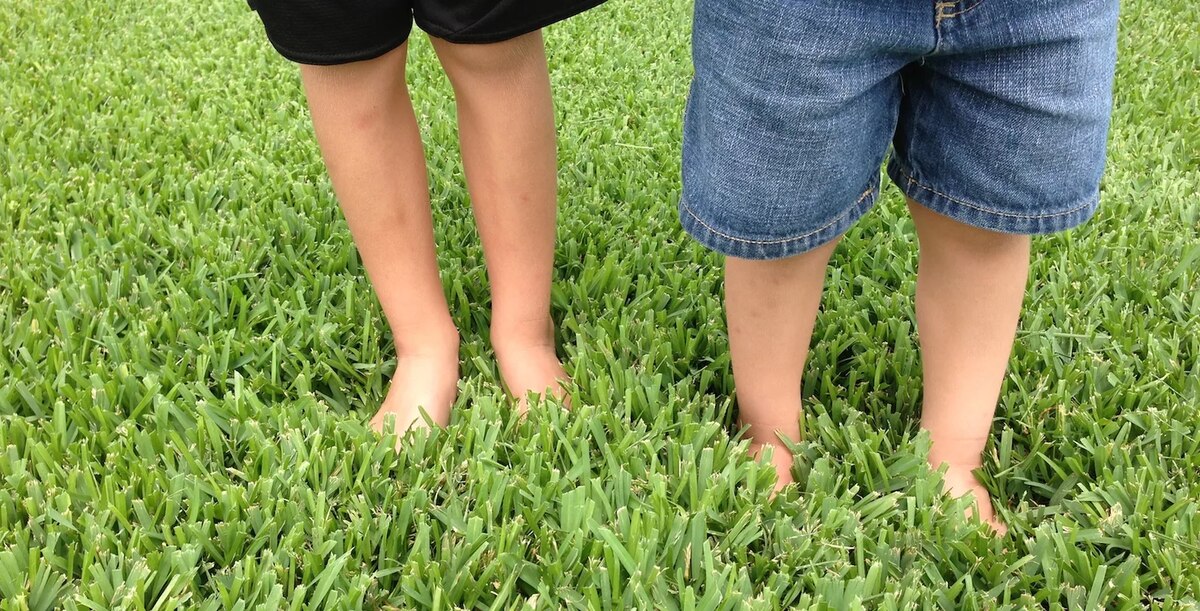
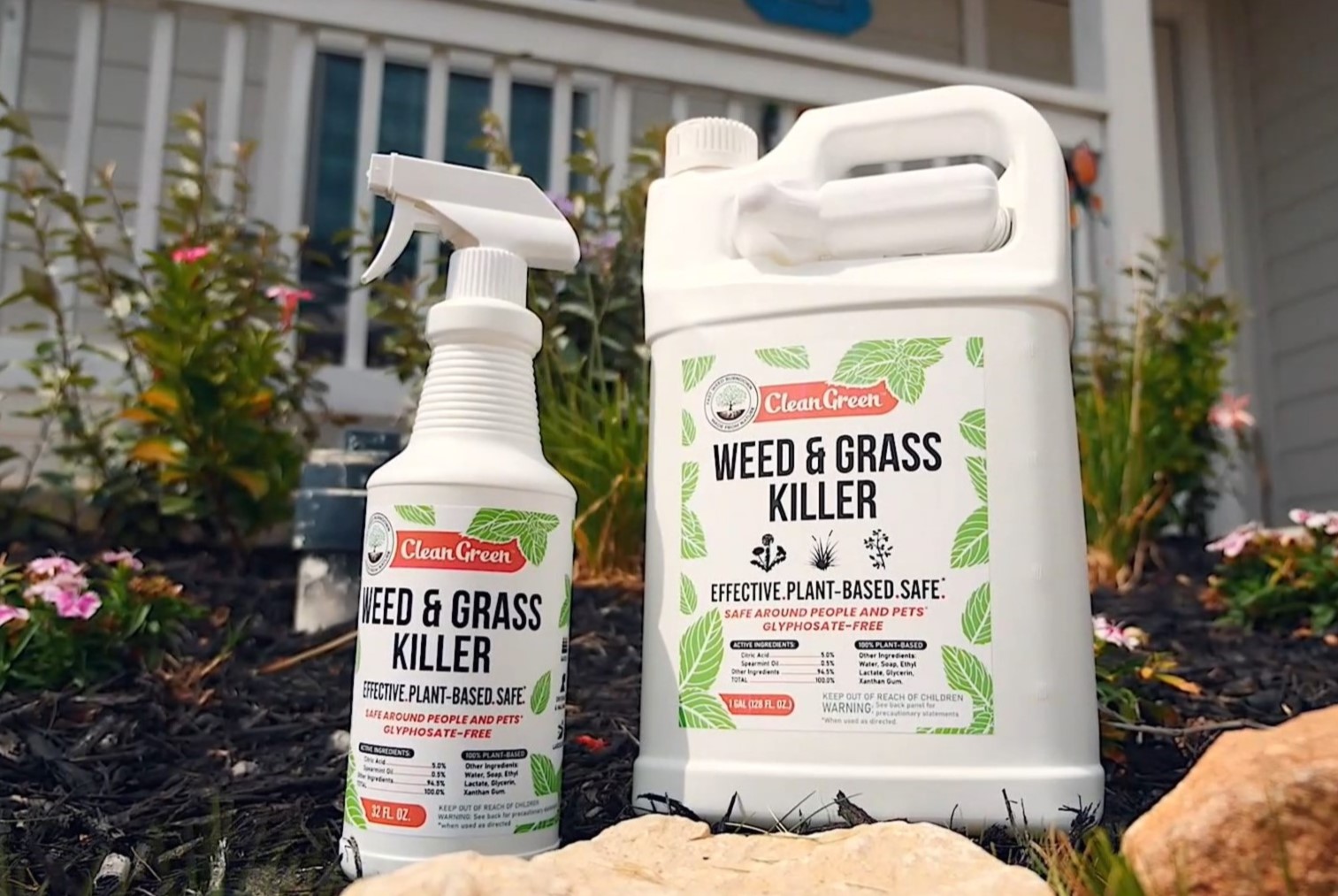
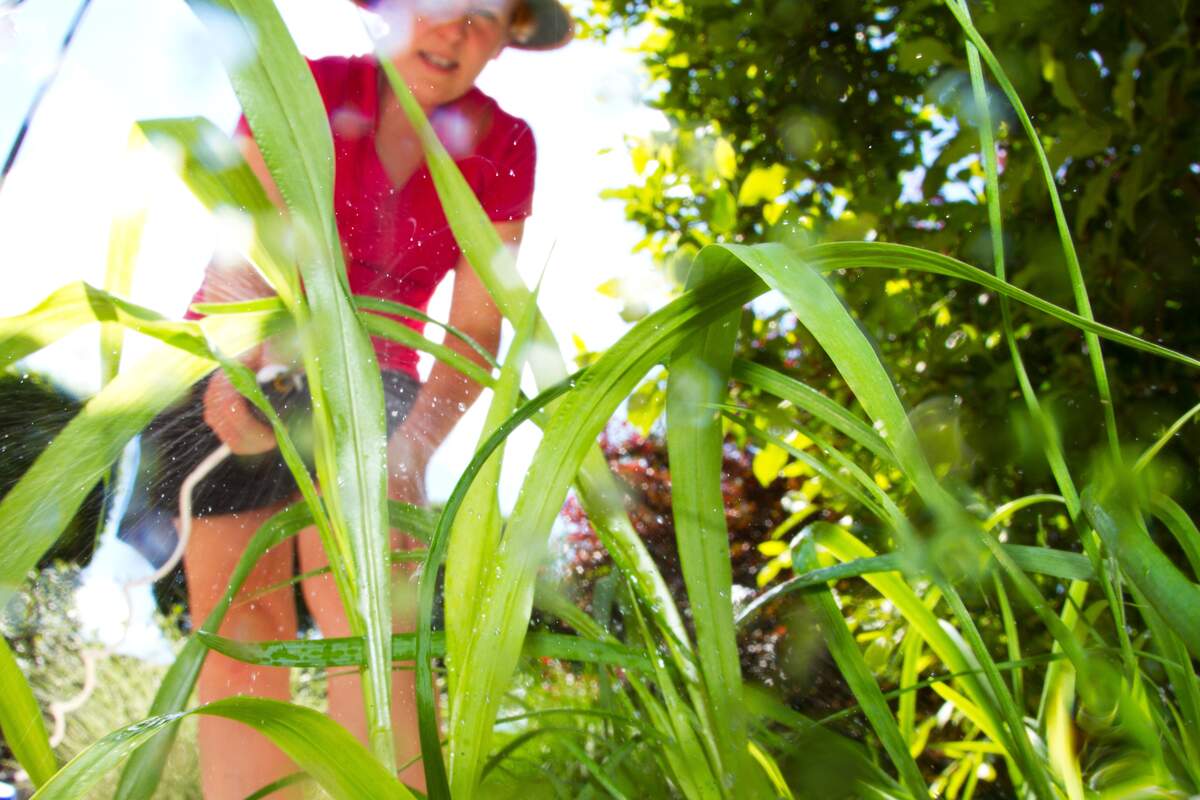
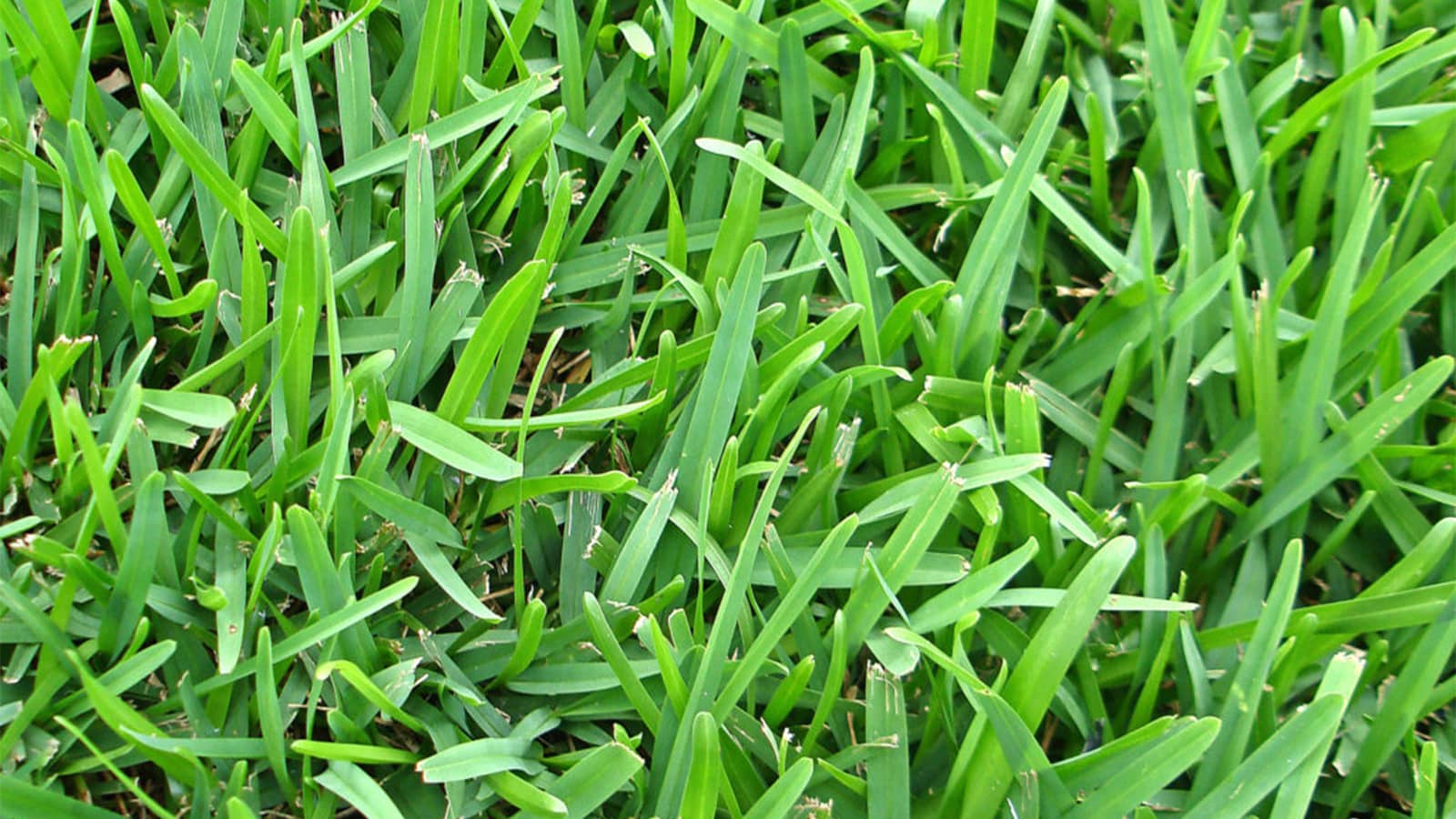
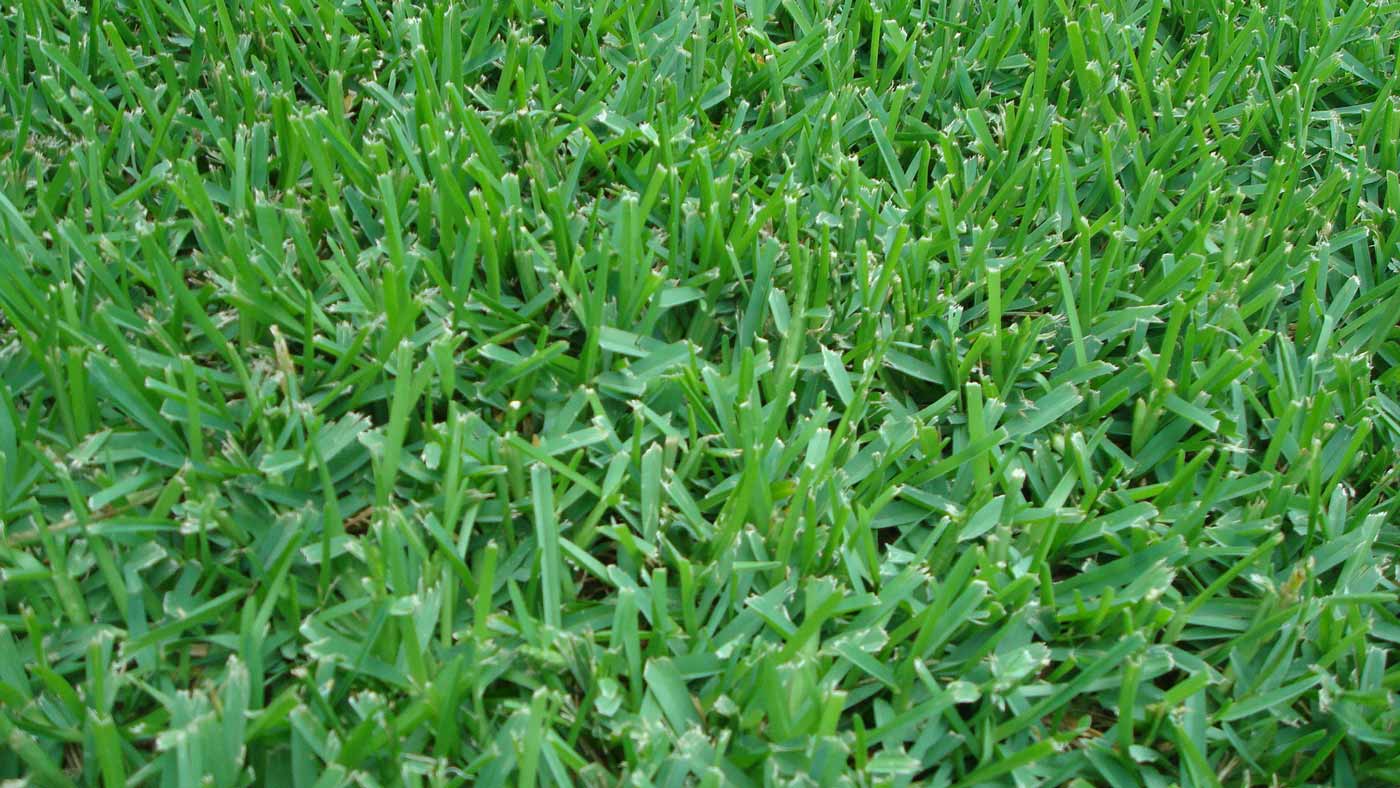
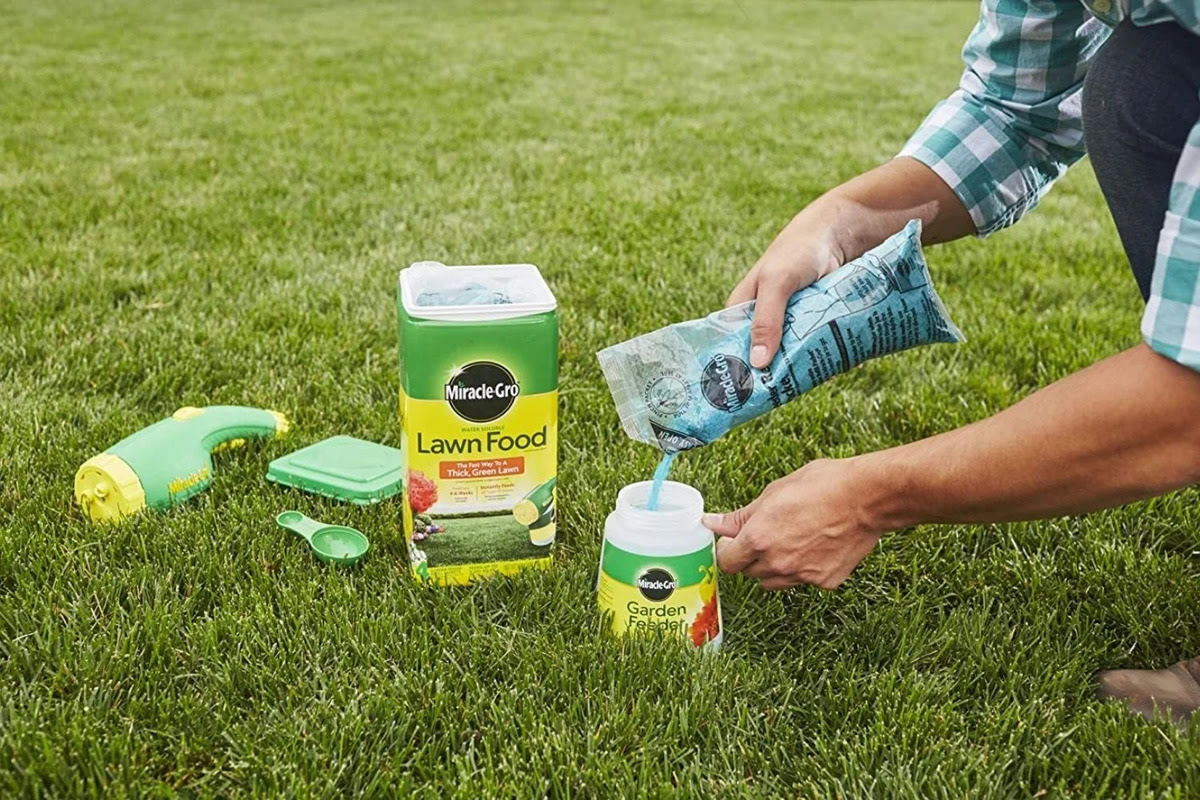
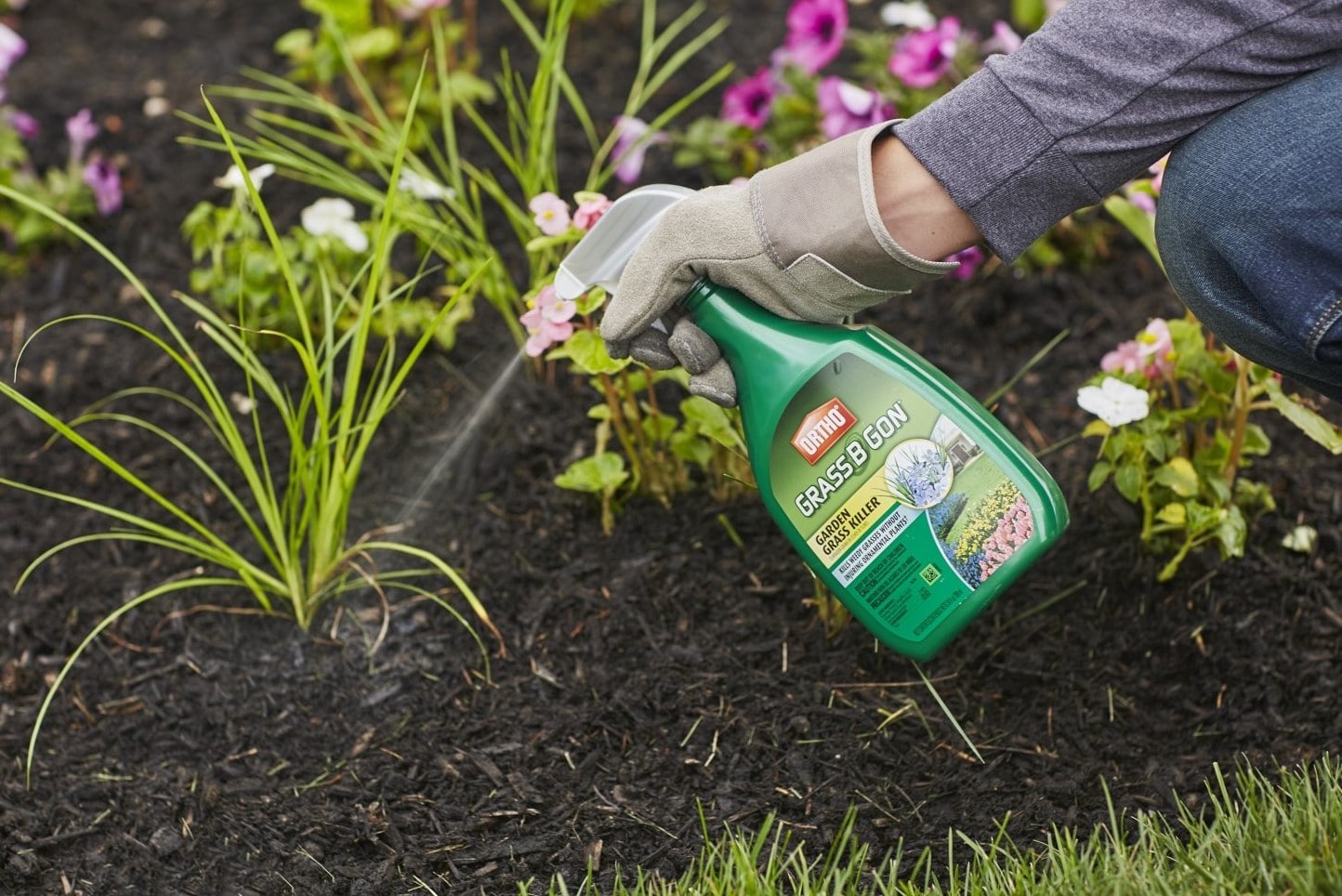
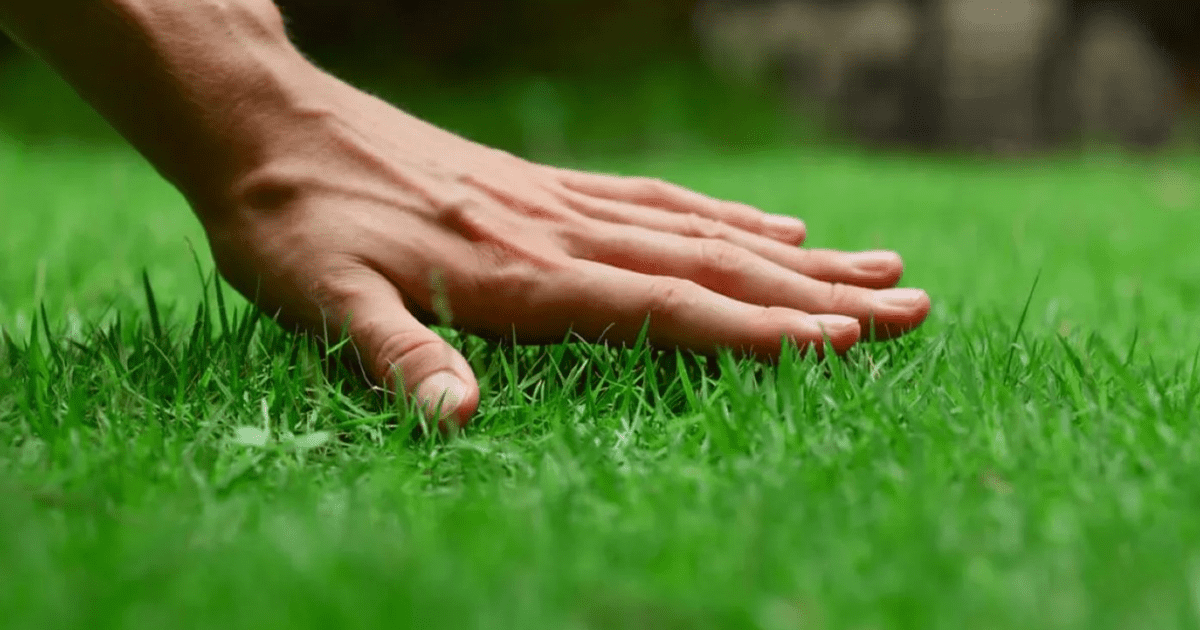
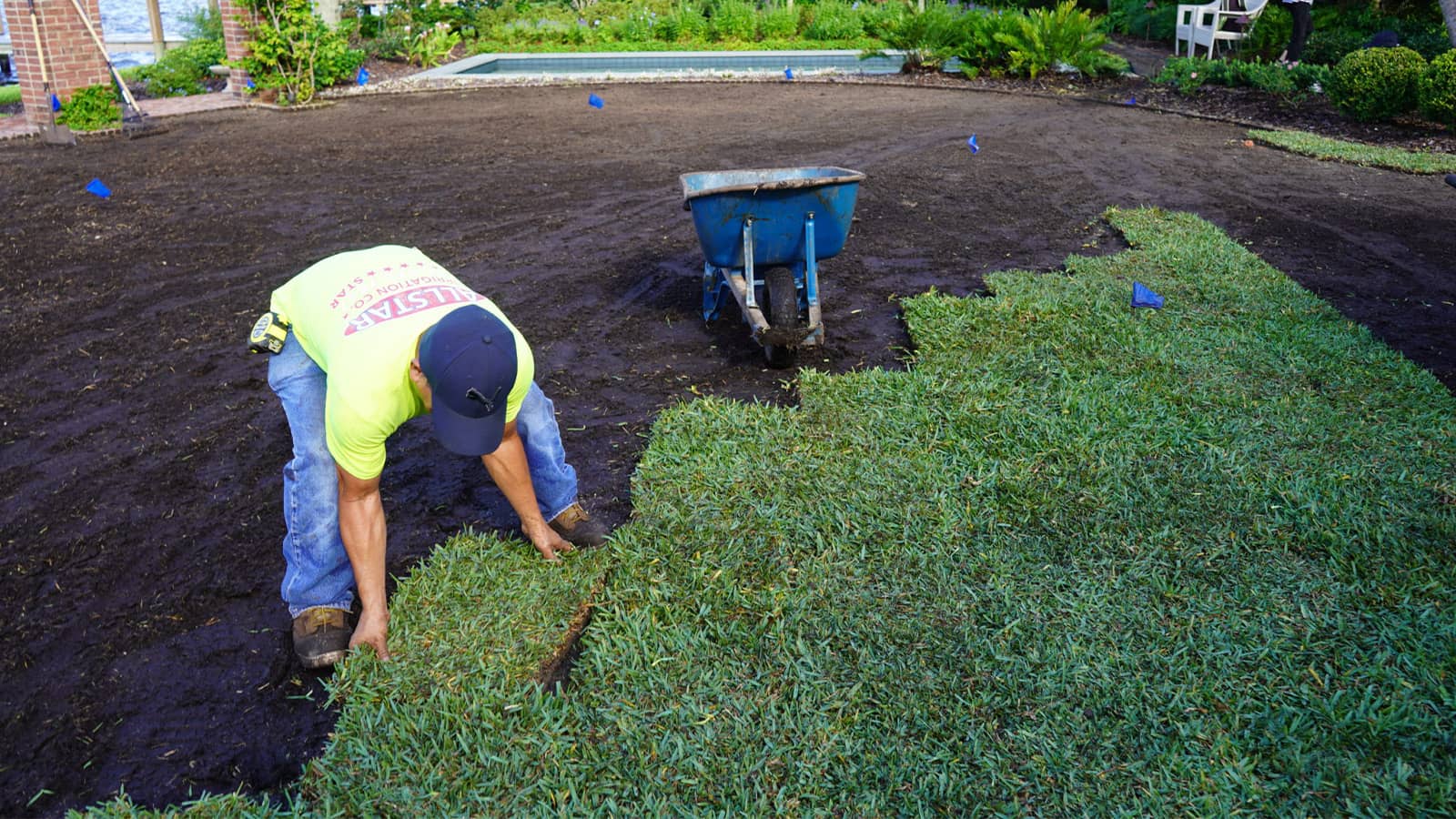
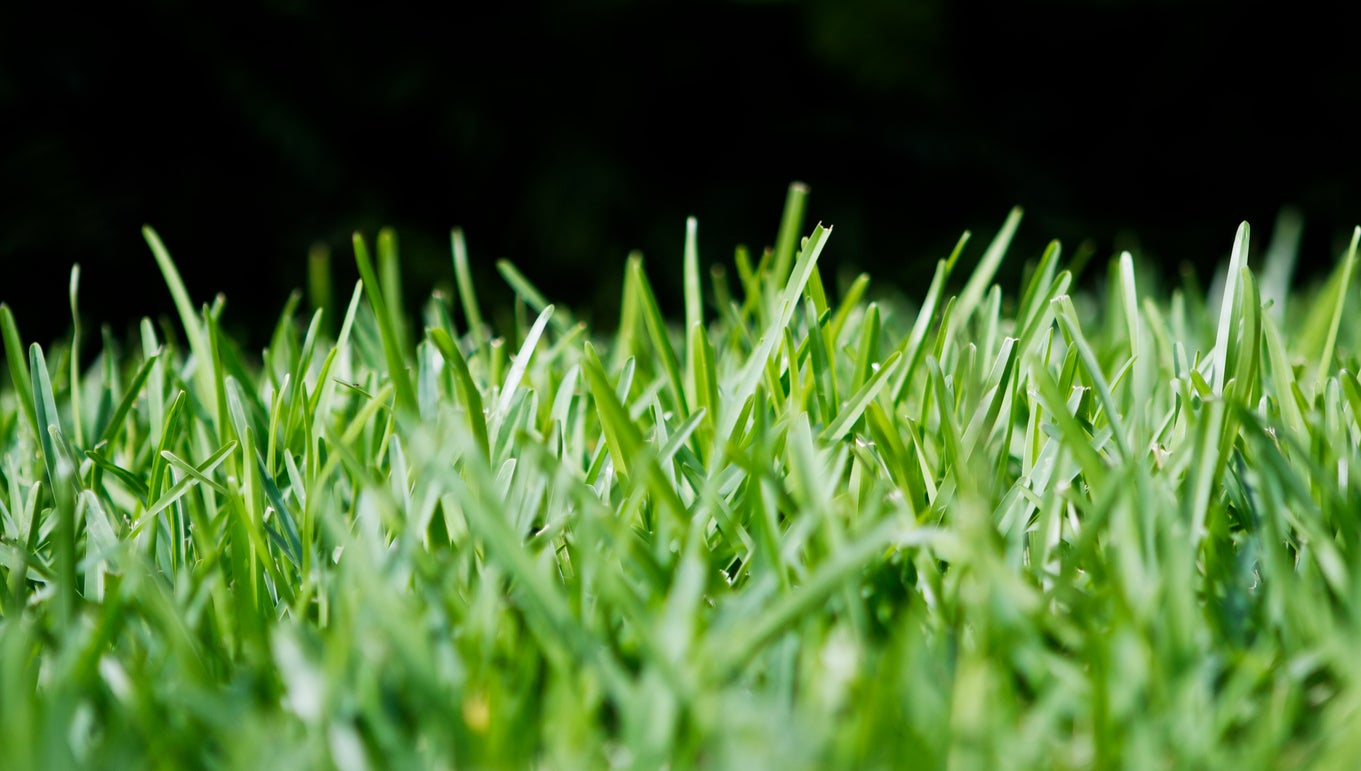
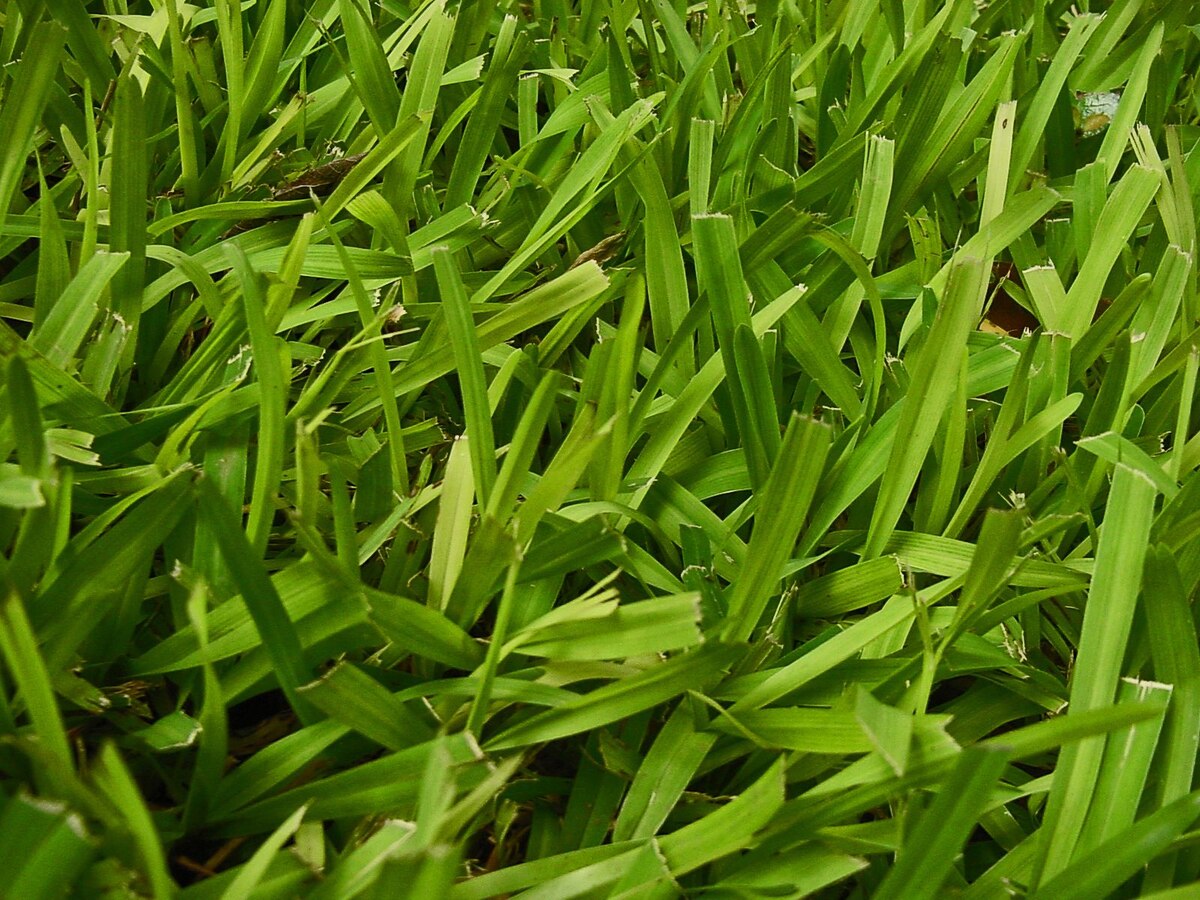
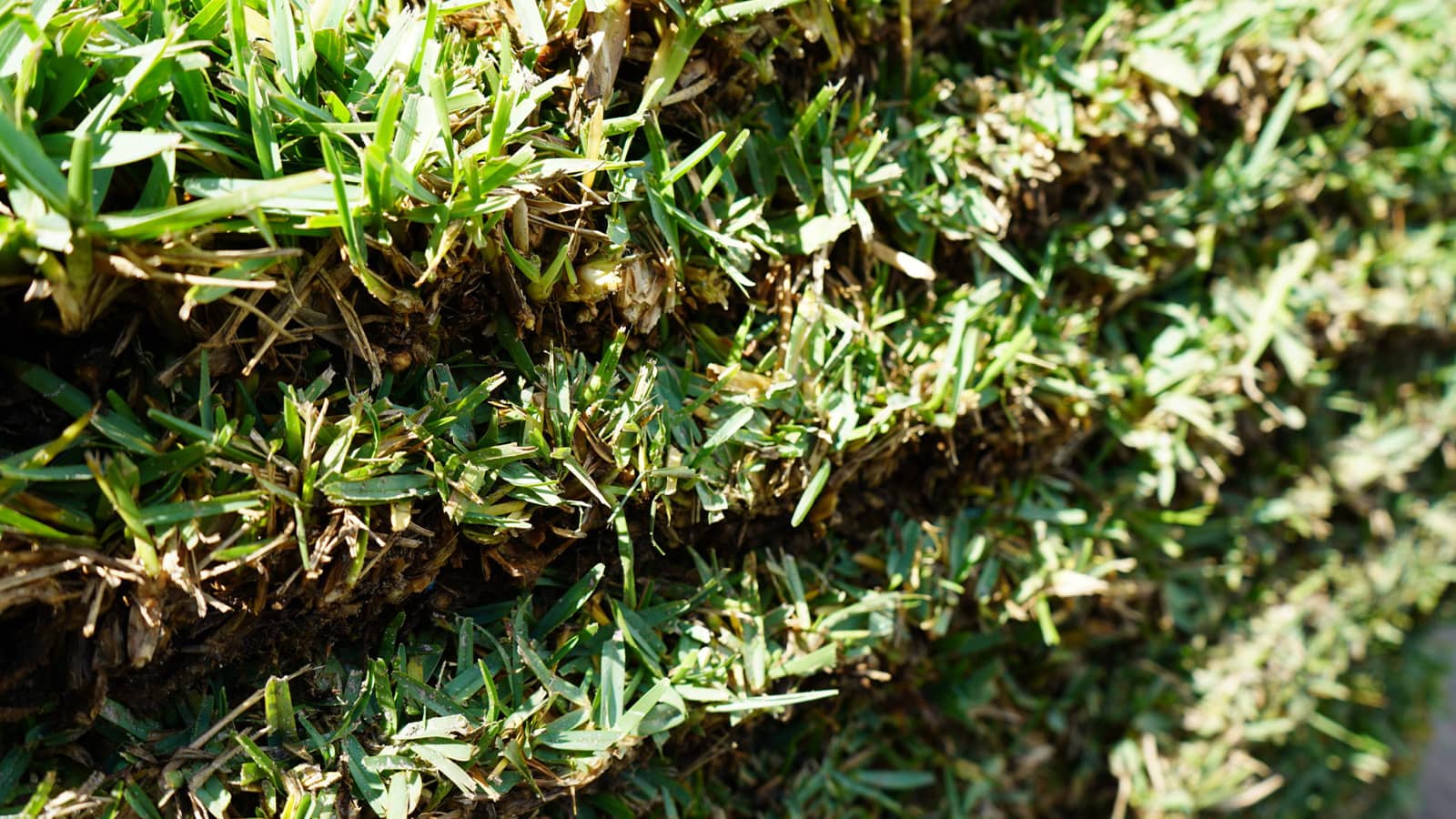
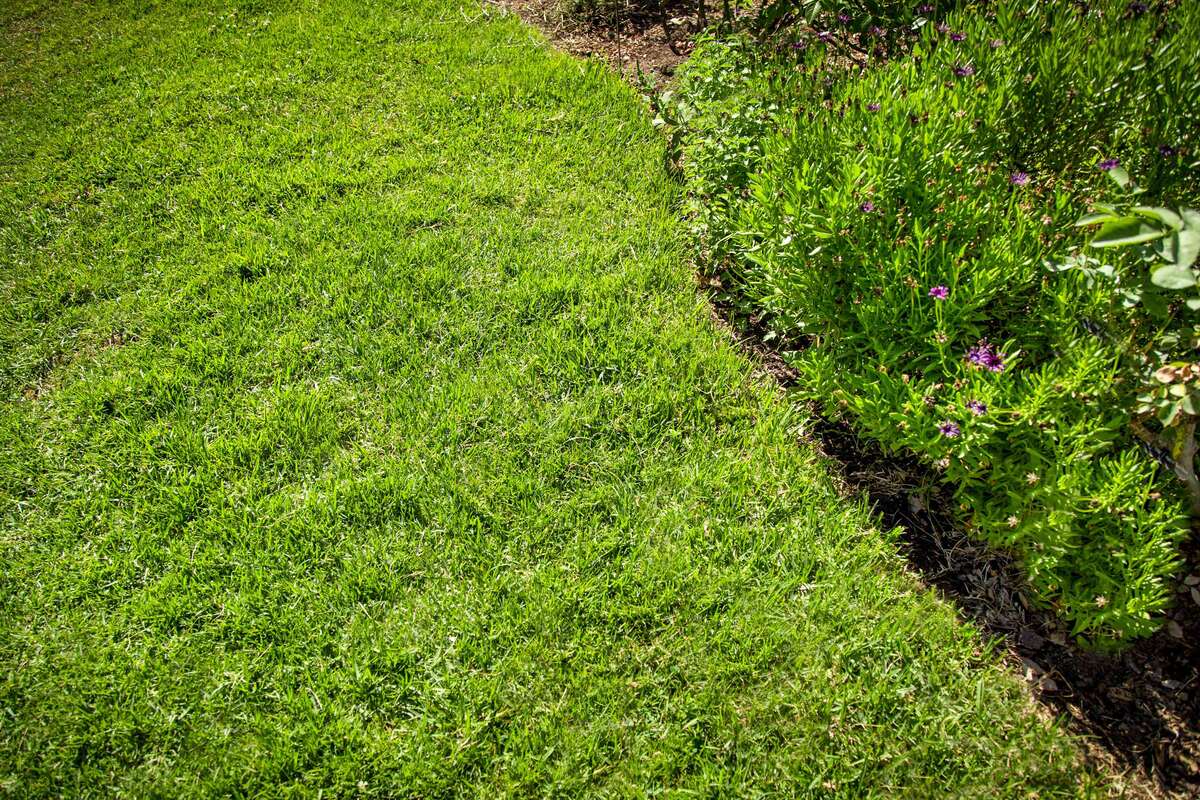
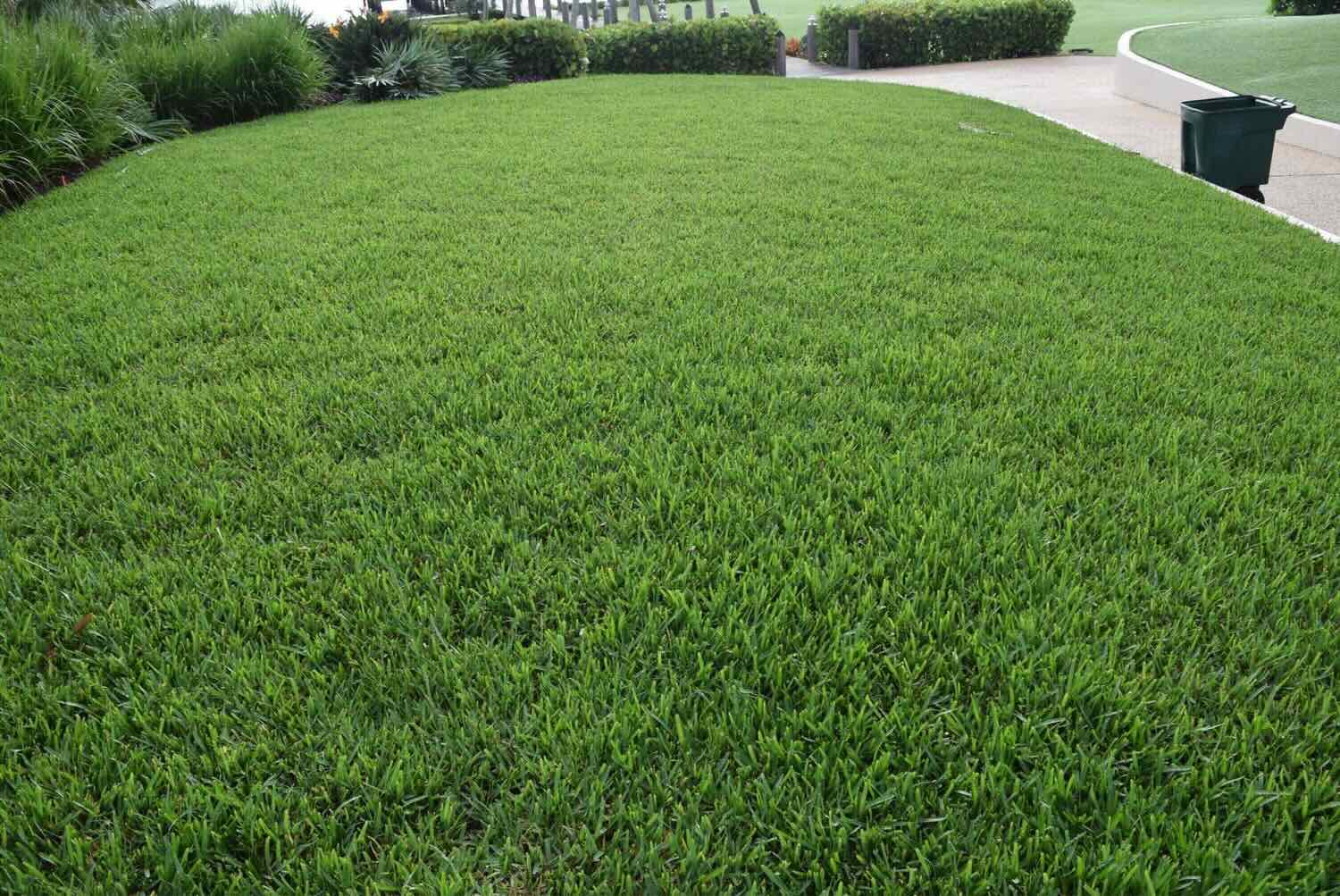

0 thoughts on “What Weed Killer Is Safe For St. Augustine Grass”